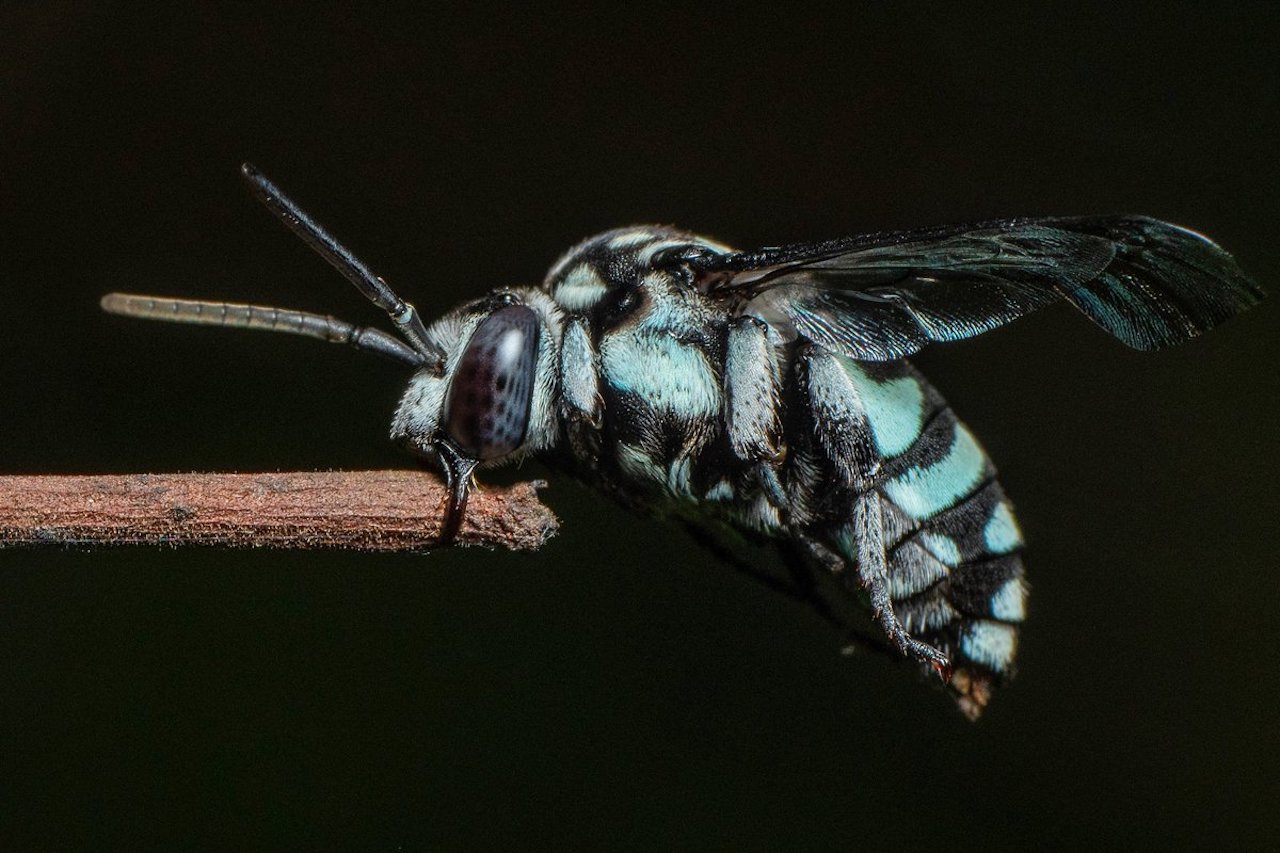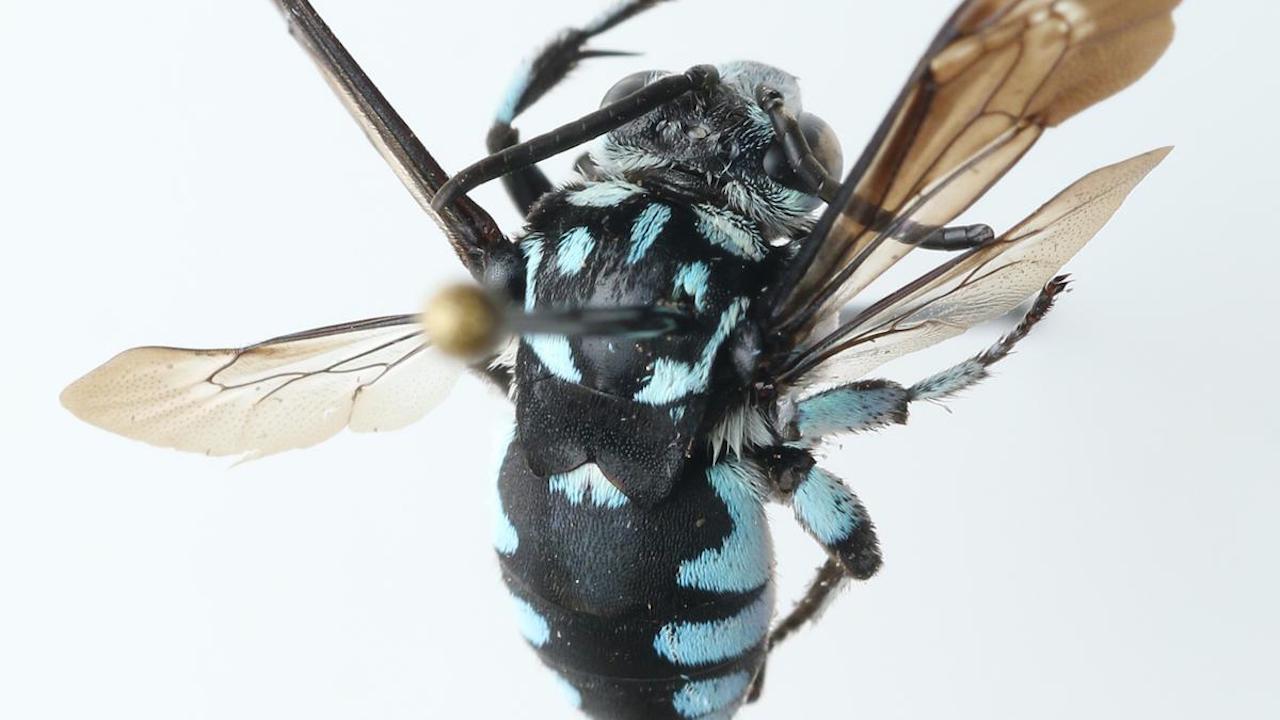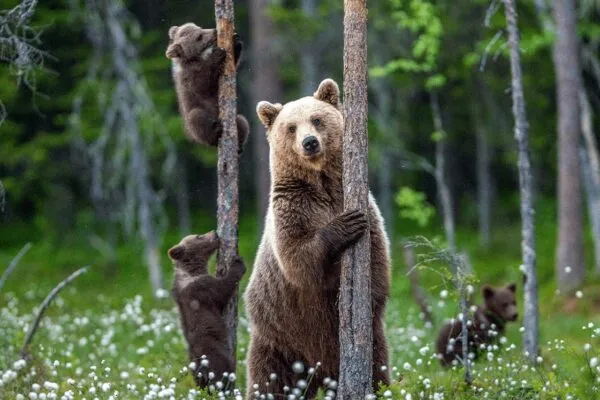Zoological Survey of India Discovers a new Species of Cuckoo Bee in Kerala
Researchers discover Thyreus narendrani in Kerala, highlighting need for biodiversity conservation

Image: Twitter
In a significant breakthrough for the scientific community, researchers have discovered a new cuckoo bee species in the state of Kerala. The new bee species was named Thyreus narendrani, after the late T.C. Narendran, a renowned Professor of Zoology.
A team of researchers from the Zoological Survey of India (ZSI) made the discovery while conducting a survey of the insect species in the region. The team collected specimens of the new bee species from a kole wetland ecosystem in the Malappuram district and the Christ College campus in Irinjalakuda.
The cuckoo bee is known for laying eggs in the nests of other bees, such as carpenter bees or leafcutter bees. The young cuckoo bees then consume the food meant for the host bee larvae, eventually killing them. Cuckoo bees are also important pollinators, and play a crucial role in maintaining the balance of the ecosystem.

Image: Special Arrangement
The discovery of Thyreus narendrani is significant as it adds to the already diverse range of bee species in India. The researchers believe that there are many more species yet to be discovered in the country and this finding highlights the importance of preserving the natural habitats of these insects.
Also Read: Beenome100: A Unique Way to Conserve Bees Through Genetic Mapping
Dr. Kailash Chandra, Director of ZSI, said;
This discovery is a testament to the hard work and dedication of our researchers. It is a reminder of the importance of continued research and conservation efforts to protect our planet’s biodiversity.
The team of researchers will now conduct further studies to understand the behavior and habitat of the newly discovered bees. This will help determine the bee’s role in the ecosystem and will aid in developing conservation strategies to protect this new species.
The discovery of Thyreus narendrani is a testament to the importance of continued research in the field of entomology. With climate change and habitat loss posing a significant threat to the planet’s biodiversity, discoveries such as this remind us to work more on conservation efforts to preserve the natural world.
Via: The Hindu


